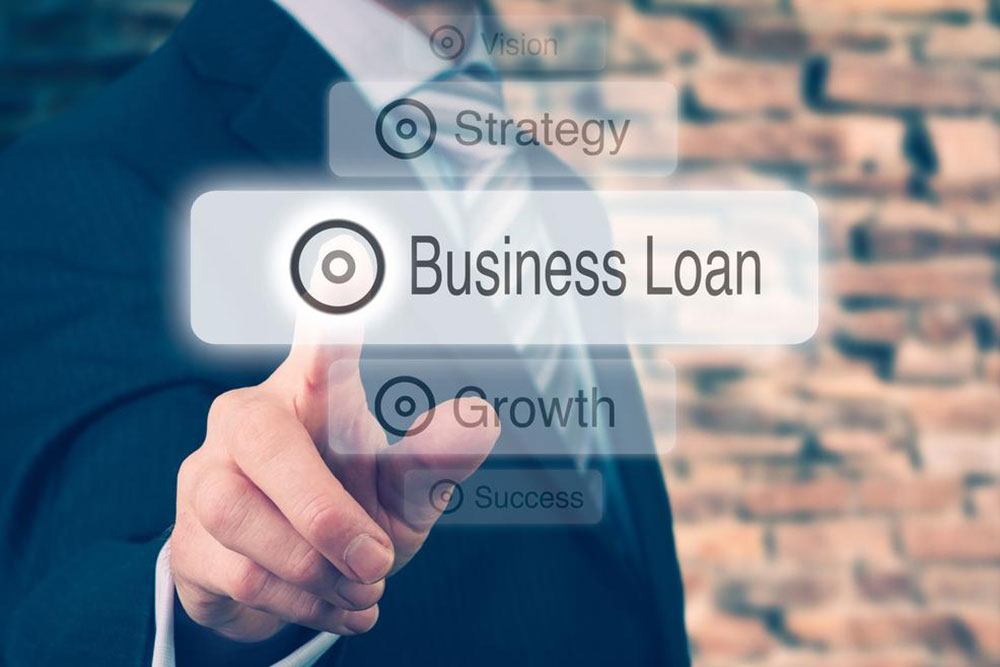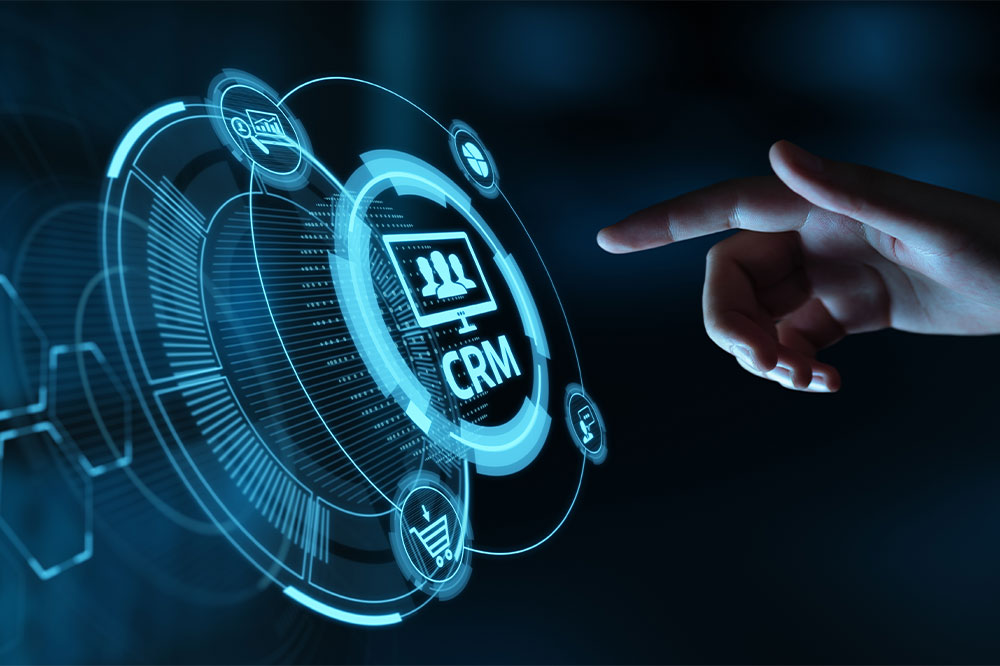How Poor Personal Credit Can Impact Your Business Success
Discover how personal credit issues can affect your business growth. Poor credit can lead to loan rejections, higher interest rates, and difficulties in leasing, funding, and supplier relationships. Maintaining good personal credit is crucial for securing financing, attracting investors, and building trust with clients and vendors. Early credit management can help ensure your business's success and sustainability.

Impact of Personal Credit Issues on Business Growth
Many entrepreneurs believe separating personal and business finances safeguards their ventures. However, personal credit status can significantly influence business opportunities. Poor personal financial decisions may hinder your business prospects even if you attempt to keep them distinct. Below are eight ways personal credit problems can negatively affect your business:
Difficulty Obtaining Business Loans: If your personal credit history shows late payments, defaults, or bankruptcy, lenders may hesitate to approve your business funding applications.
This information is visible to lenders and credit agencies, potentially leading to rejection of loans or credit card applications. A poor credit score signals to lenders that you might struggle with repayment, reducing your chances of approval and increasing interest rates.
Higher Loan Interest Rates: If approved for credit, a bad personal credit score often results in elevated interest rates, raising your monthly repayment burden and reducing overall profitability.
This can affect your ability to reinvest profits and extend your business growth timeline, making it harder to achieve financial stability.
Limited Funding Opportunities: Potential investors like venture capitalists or crowdfunding platforms review personal credit to assess repayment reliability. Poor credit diminishes their trust in your ability to deliver returns, limiting funding options.
Difficulty Securing Commercial Leases: Landlords and leasing providers often check creditworthiness before signing agreements. A weak personal credit history can result in lease denial, restricting your operational space and growth capacity.
Increased Overhead Costs: Poor credit can lead to higher deposits, fees, and assessments for utilities and services. These extra expenses reduce your profit margins and delay reinvestment plans.
Damage to Personal Brand: Your reputation depends on the trust of clients, partners, and investors. Public knowledge of bankruptcy or poor credit can tarnish your personal brand, affecting business relationships.
Vendor and Supplier Challenges: Vendors often perform credit checks before extending trade credit. Poor personal credit can prevent you from buying on credit, complicating product procurement and delivery operations.
Employee Confidence and Talent Retention: Potential employees assess your stability when considering joining your company. Bad personal credit might undermine their confidence, affecting your ability to attract and retain talent.
Addressing personal credit issues early is vital. Financial stability boosts investor and supplier confidence, reduces unnecessary fees, and enables sustainable business growth. Maintaining good personal credit is essential for business success.
Note:
This article provides general insights based on research. Readers should consider consulting financial professionals for tailored advice. The website is not responsible for differences in data or individual circumstances. Some schemes and offers may vary, so explore options thoroughly.










